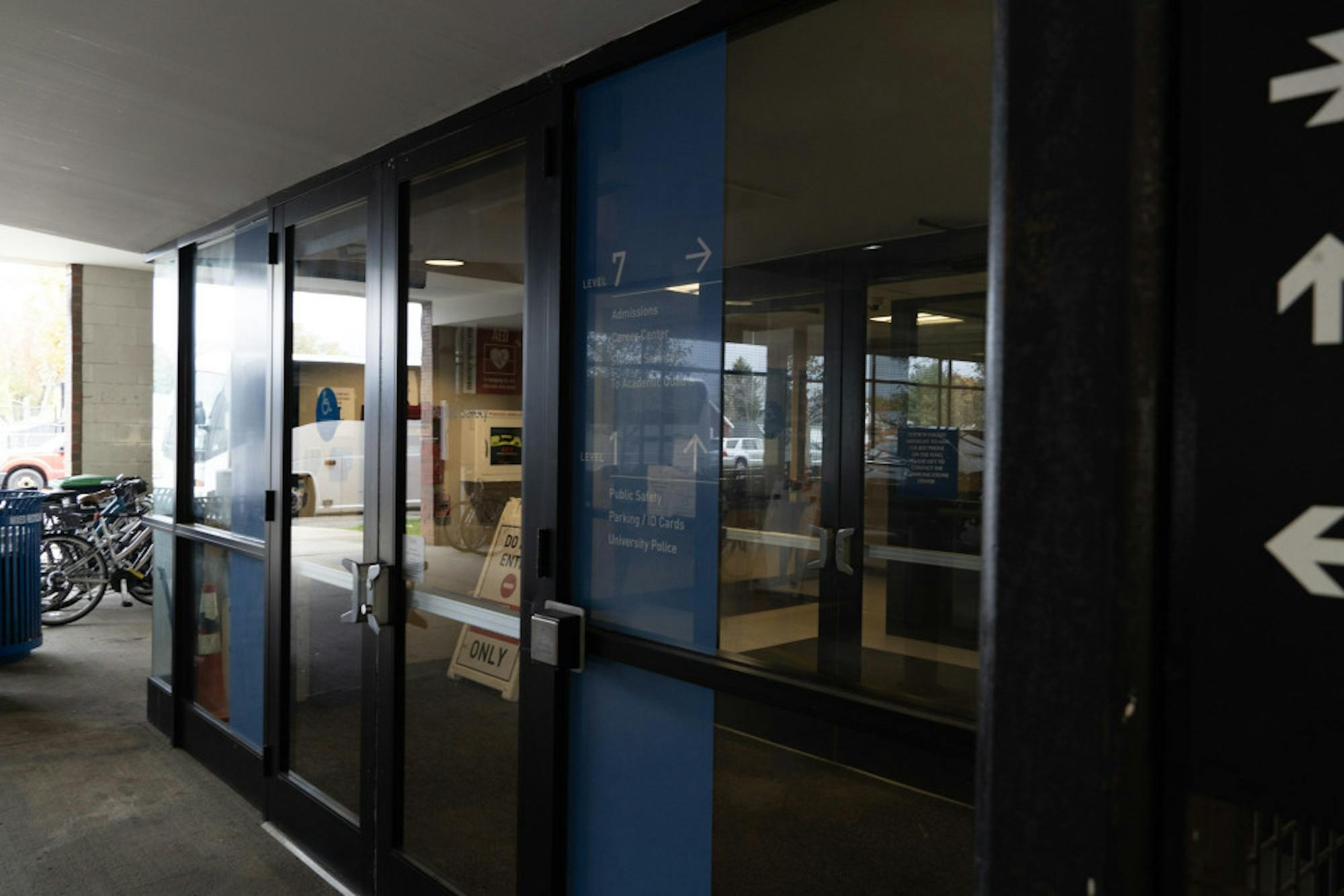The Tufts Department of Public Safety announced recent changes made to meet recommendations from the Tufts as an Anti-Racist Institution initiative in an Oct. 19 email to the Tufts community. In addition to an updated mission statement and core values, changes include an expansion of training for all Tufts University Police Department officers, the addition of more unarmed campus security officers and a new position to support communication.
Executive Director of Public Safety Yolanda Smith notes that the process of making changes in the department has been ongoing and has focused on both internal input from staff and community feedback.
“We drew from the community’s expectations of our department, we incorporated feedback collected during forums and surveys that were part of the Working Group on TUPD Arming’s outreach, and we surveyed members of DPS to get their input and buy-in,” Smith wrote in an email to the Daily. “We heard community members tell us that they wanted TUPD to be more transparent and more communicative, to increase training on implicit biases, empathy, and public safety that is equitable for all, and to reduce interactions with armed officers.”
In an effort to improve transparency, two new positions were established: a communications manager to keep the community informed and a campus security officer manager to coordinate unarmed personnel.
The Student Prison Education and Abolition Coalition has been advocating for the disarmament and eventual abolition of police presence on campus. Club member Carl The, who uses they and he pronouns, acknowledged the benefits of some changes while noting that others seem superficial.
“Another [SPEAC] member mentioned that what’s imposing and scary about a police car is not how they look, but the fact that they are police cars,” they said, referring to the new police cruiser design.
While the addition of the campus security officers moves the campus towards SPEAC’s goal of disarmament, The was concerned about the addition of more officers at Tufts.
“CSOs, which are campus security officers … means they’re unarmed, and they have different training from police officers,” he explained. “It works towards disarmament. It’s not abolition, but it is disarmament.”
Ariana Chiarenza, who now fills the new communications manager position for the department of public safety, hopes to increase transparency by consistently updating the community about the work DPS is doing.
“I want to be able to communicate all the changes we are making while also upholding strong ties with various departments and groups across all four campuses,” she wrote in an email to the Daily. “I’m always happy when I get to keep the community updated with changes within DPS because I know that it’s vital we remain transparent.”
According to The, SPEAC has worked toward improving communication with DPS through Chiarenza.
“We have been trying to gather more information from TUPD directly, so we’ve been talking to Ariana,” they said. “I think more transparency … and being able to speak to the students with more clarity and less bureaucracy [is] needed.”
Such community feedback has played a role in guiding departmental change. Past feedback led to expanded training on healing and empathy this summer for officers. While the bulk of annual training for officers comes from the Massachusetts Police Training Committee, DPS has sought other sources to supplement training on mental health and active bystandership.
“Jen Previti, Tufts Threat Assessment Manager, is a licensed social worker. She and Captain Mark Roche have been conducting additional training around mental health first aid,” Smith wrote. “The active bystandership training curriculum is provided through ABLE (Active Bystandership for Law Enforcement) from Georgetown Law Center for Innovations in Community Safety. TUPD and the Office of Emergency Management have collaborated on this training.”
The intended addition of a comfort dog for mental health responses was received well by The.
“Comfort dog — I’m very excited about that, and I think that’s a good addition,” he said. “I’m not sure how I feel about it coming from TUPD instead of somewhere like [Counseling and Mental Health Services].”
Community members will have an opportunity to provide input on a name. In addition to a survey to help name the comfort dog, DPS is developing a new feedback survey to release next fall with the help of the Office of Institutional Research.
“The survey will allow community members to tell us how we are doing- good, bad, or indifferent,” Smith wrote. “We are committed to being adaptable, forward-thinkers, and providing the best service possible to our community.”






